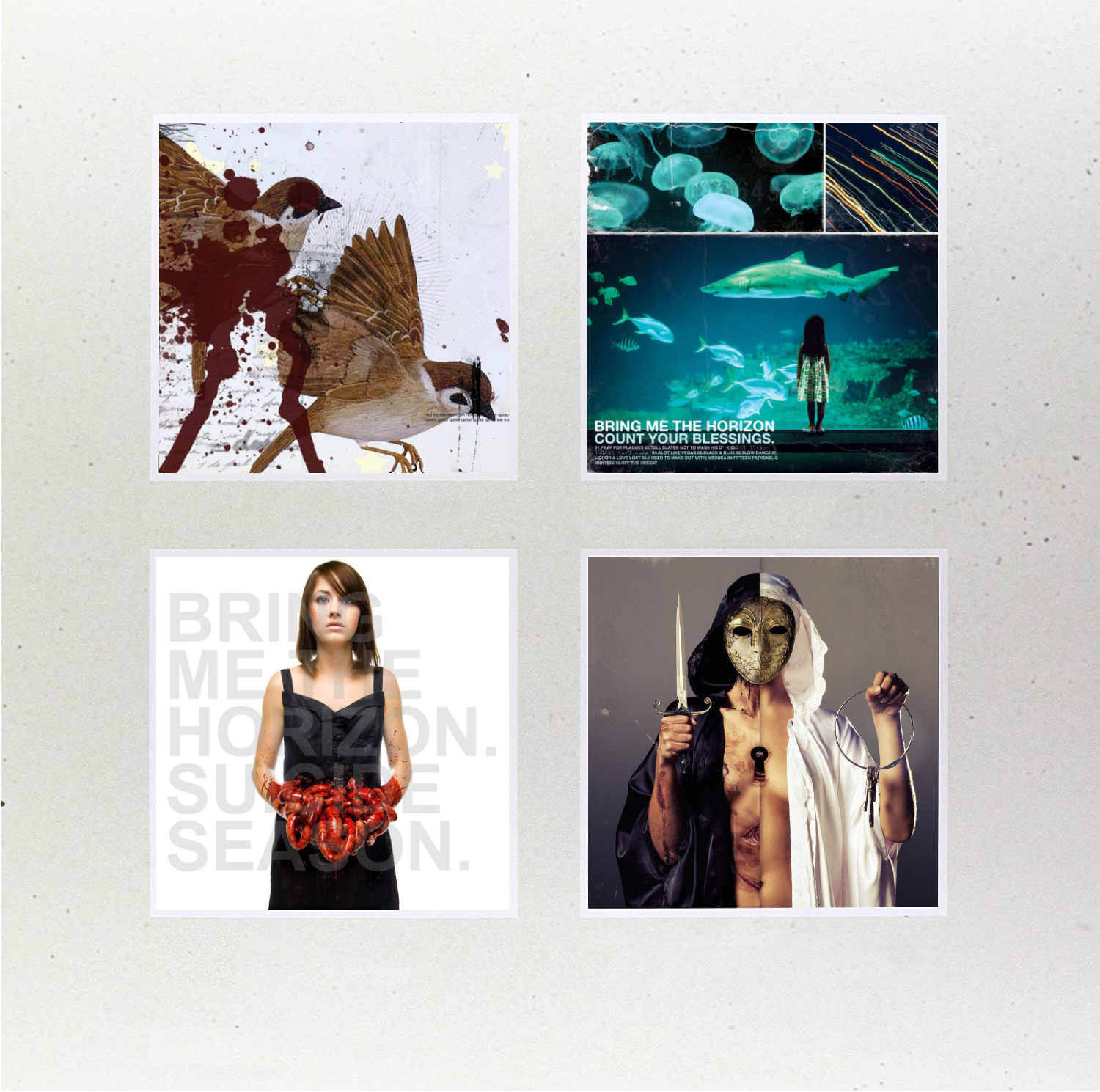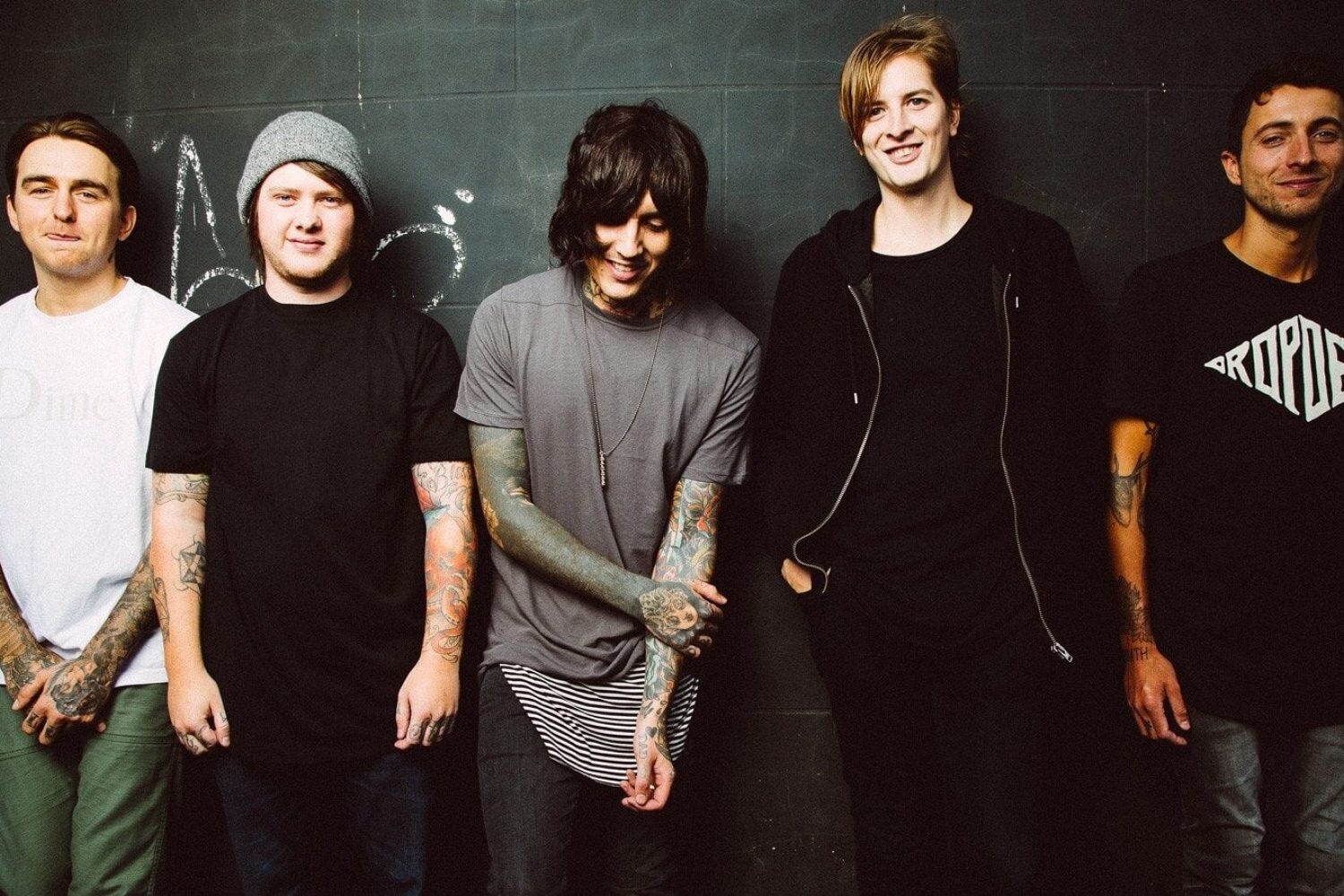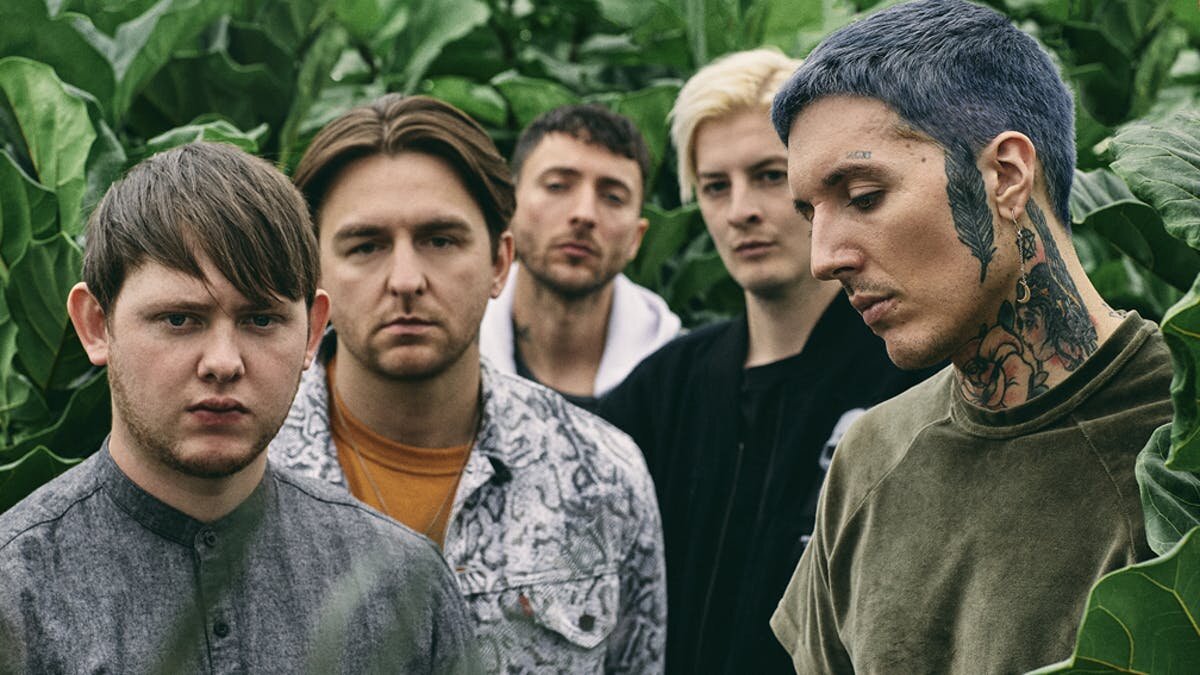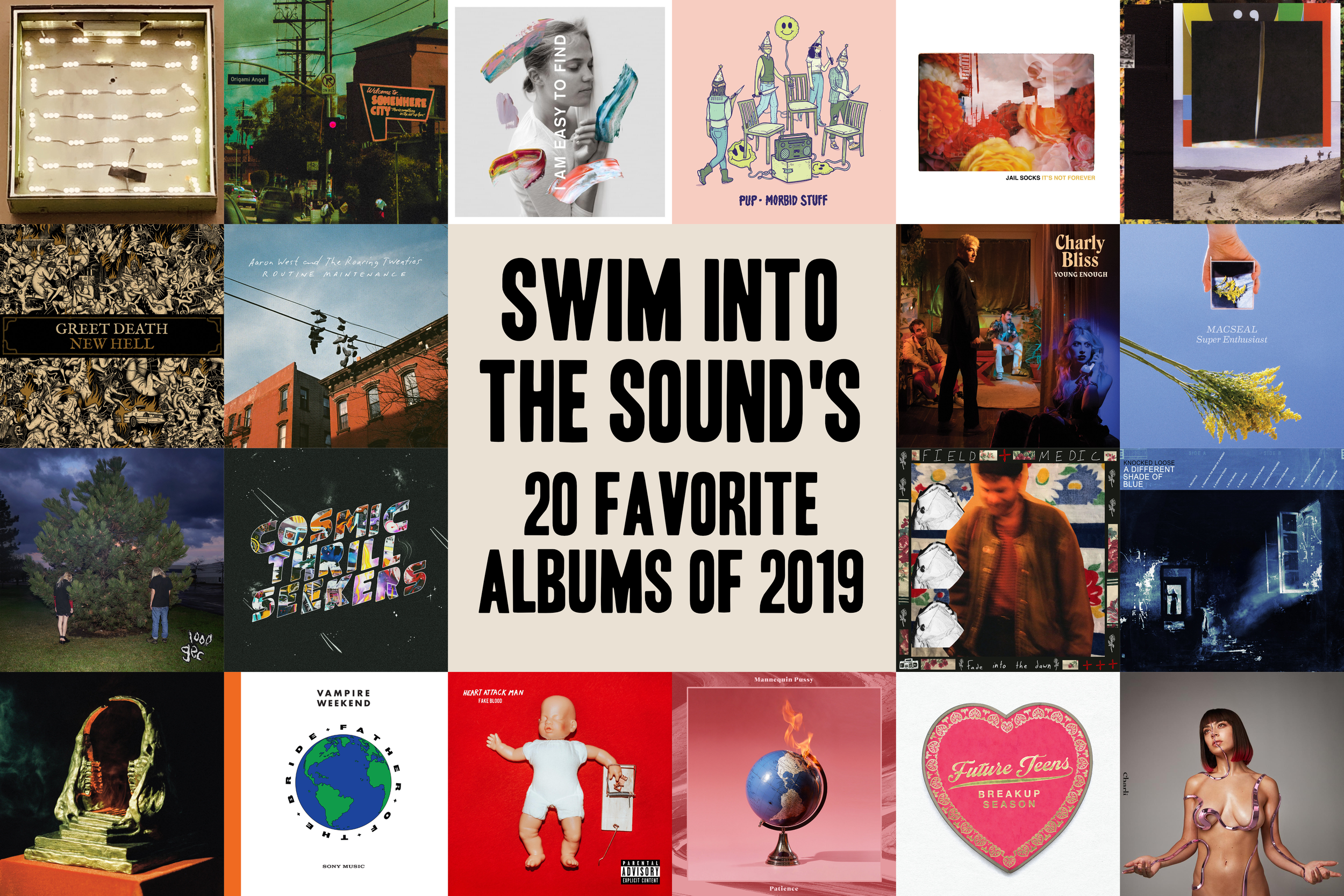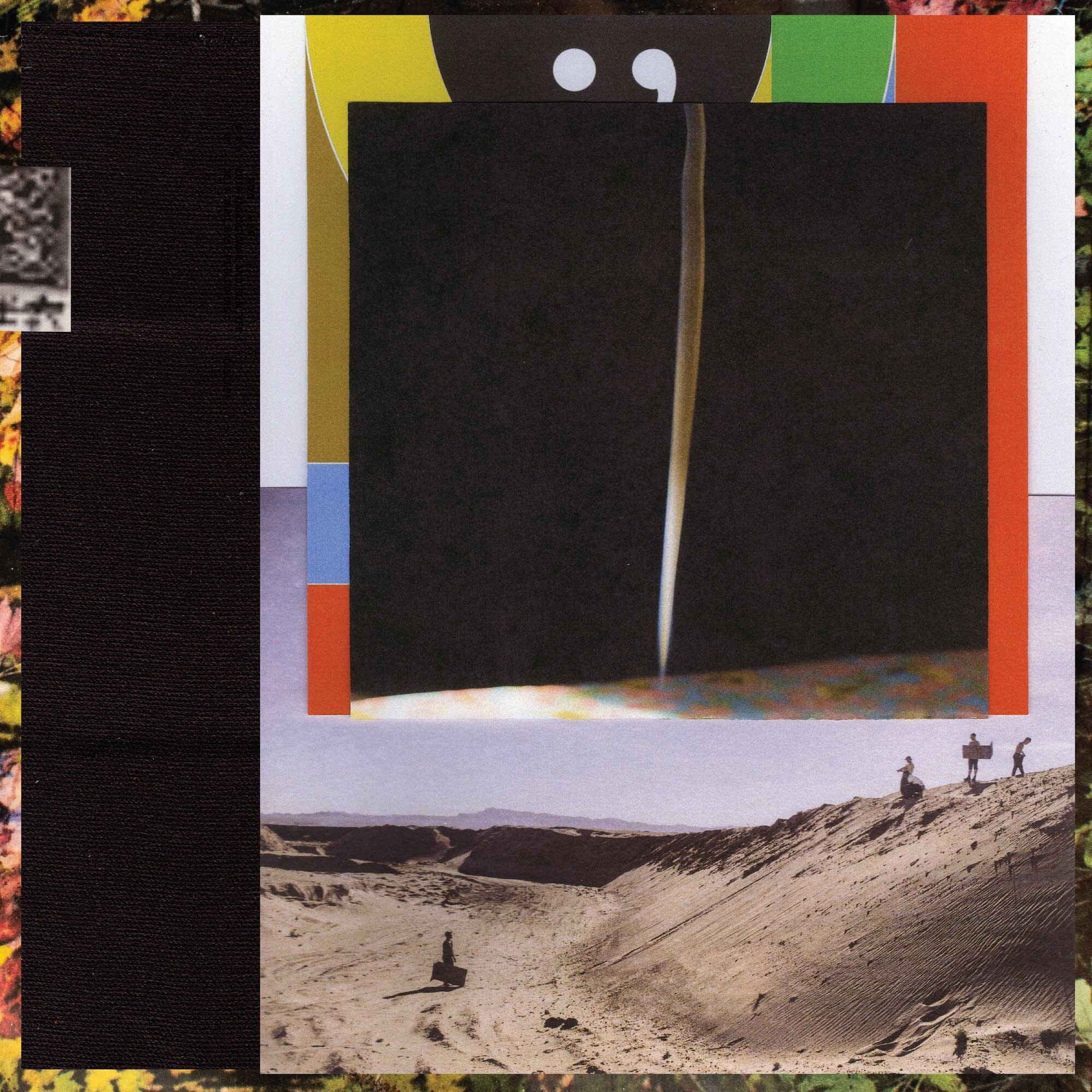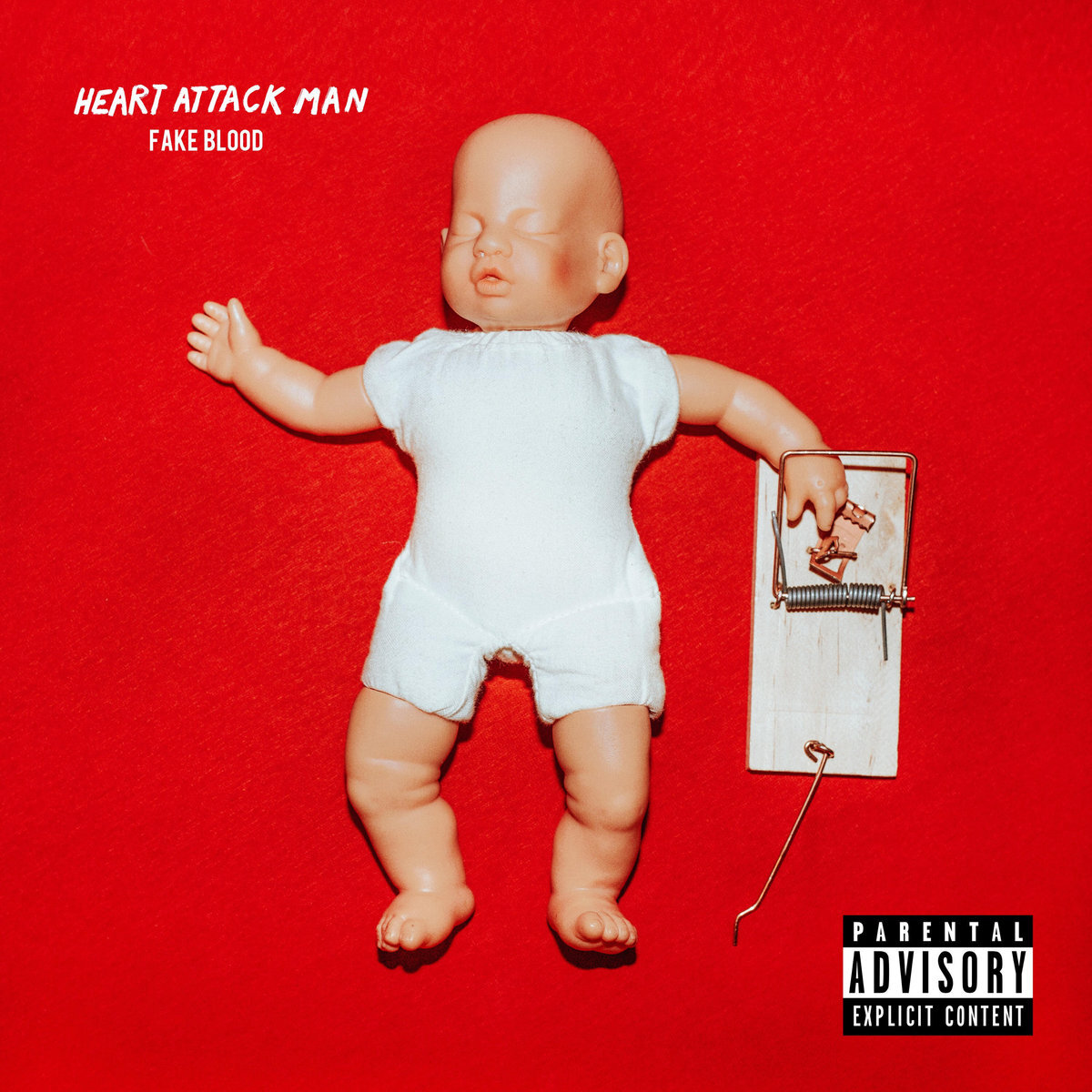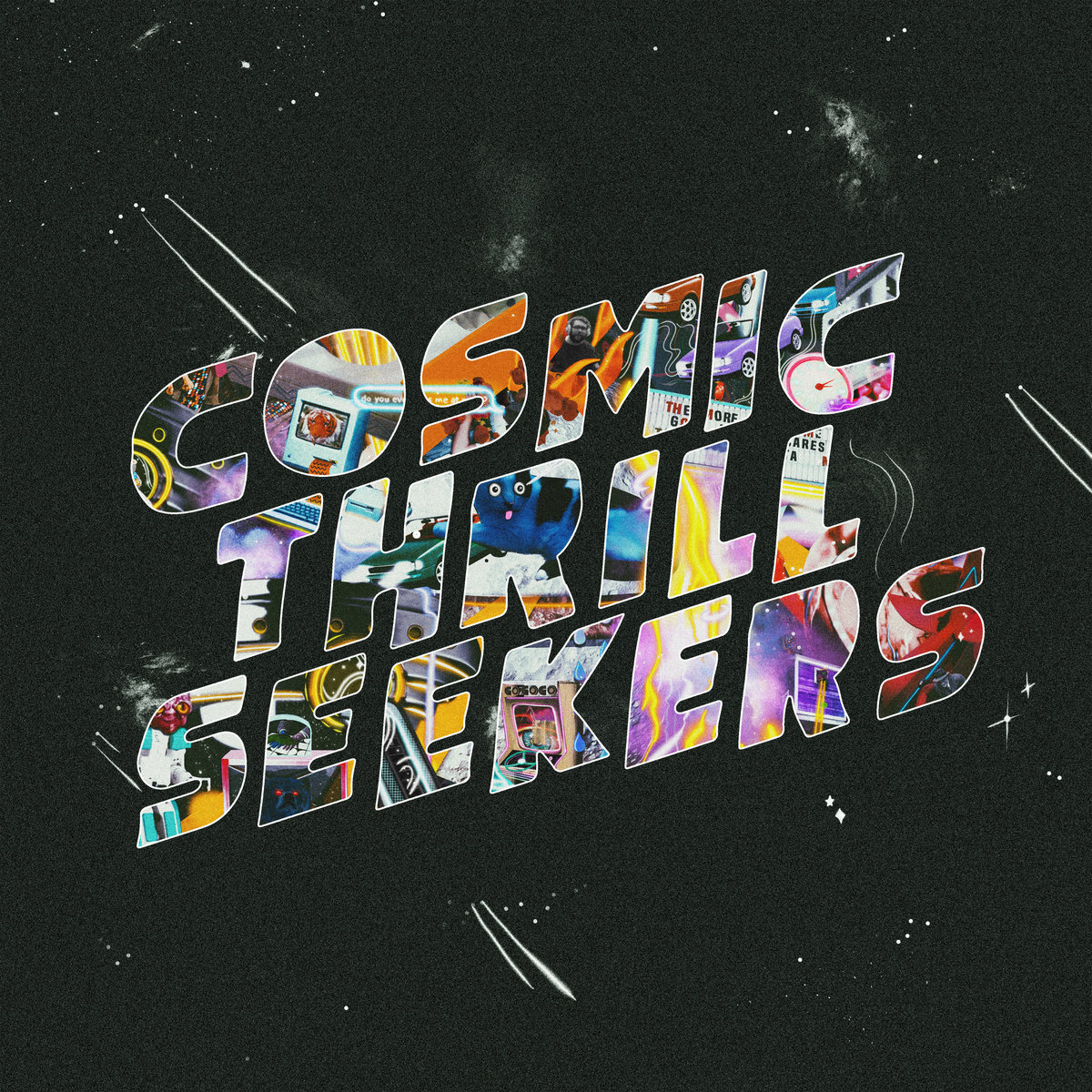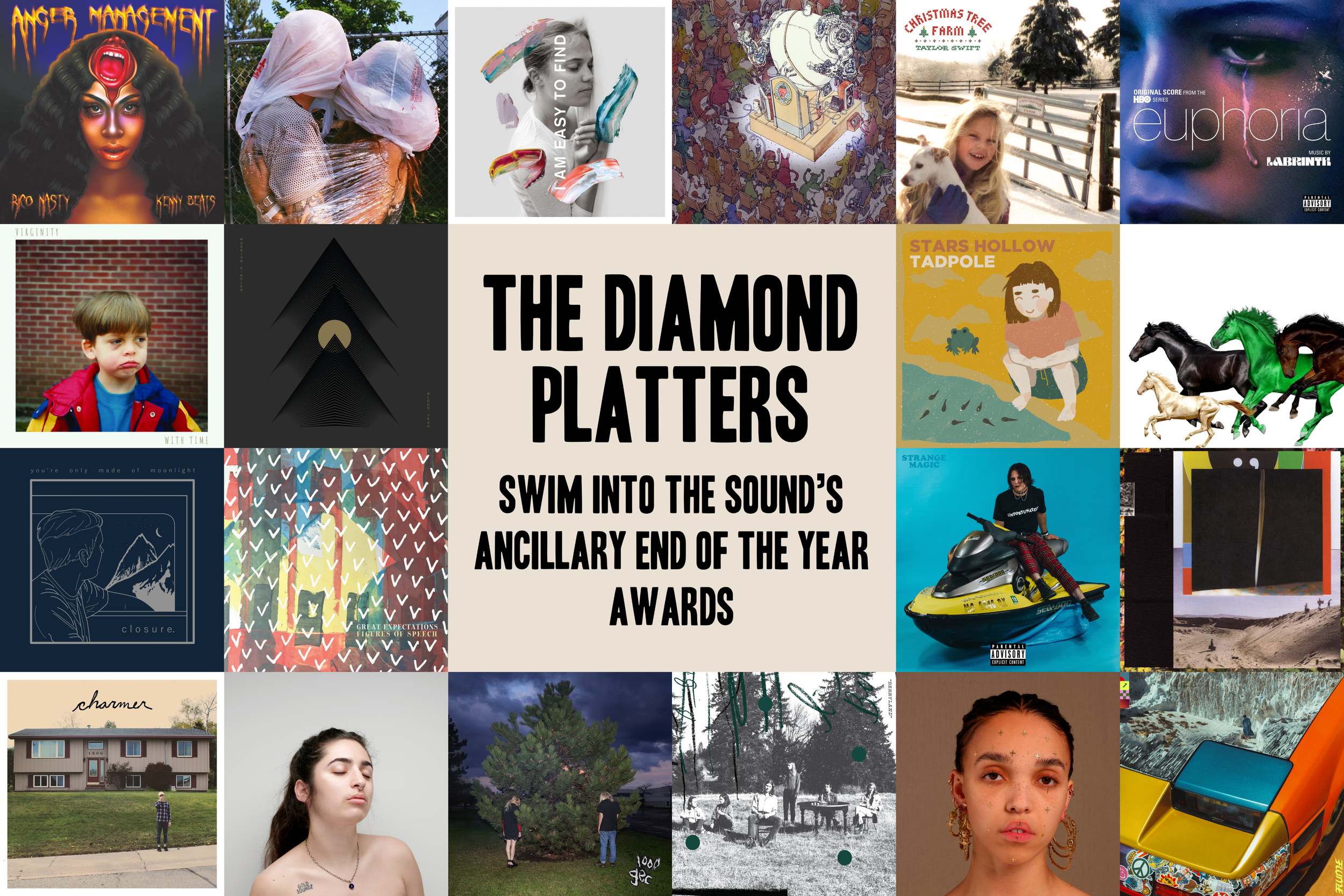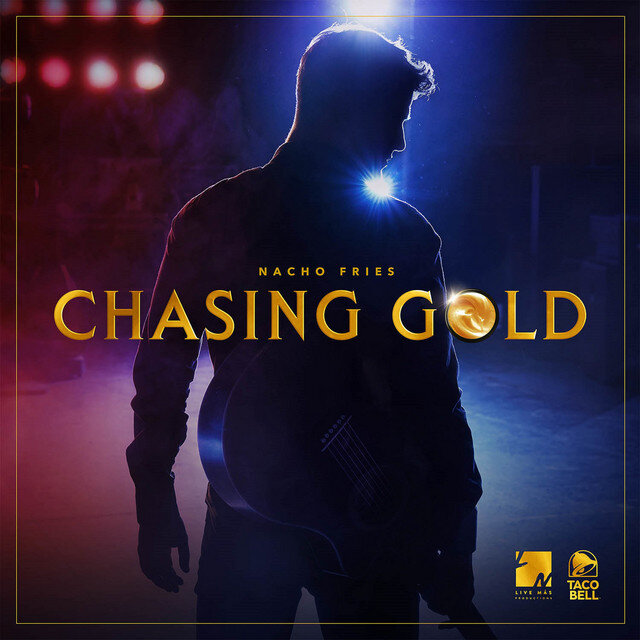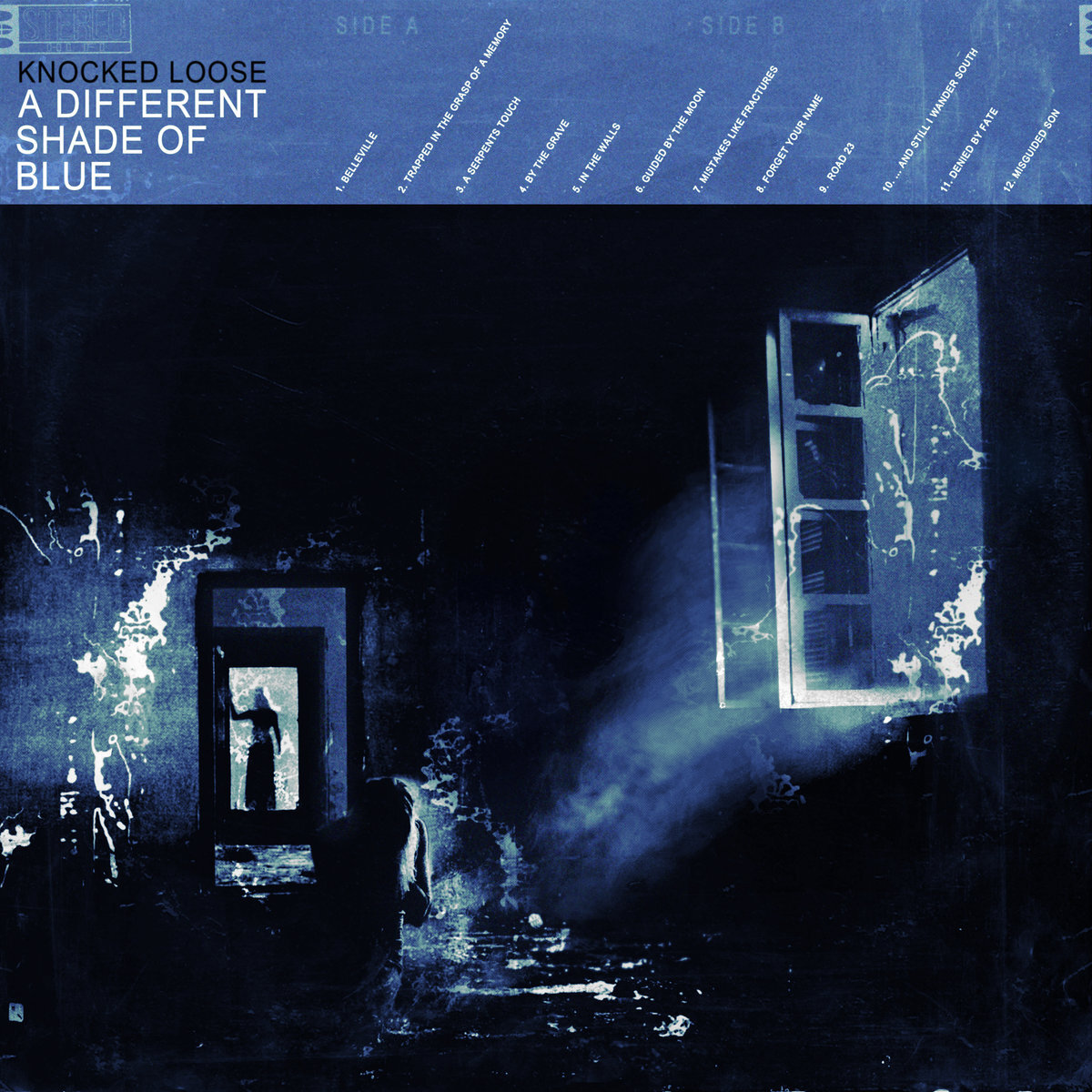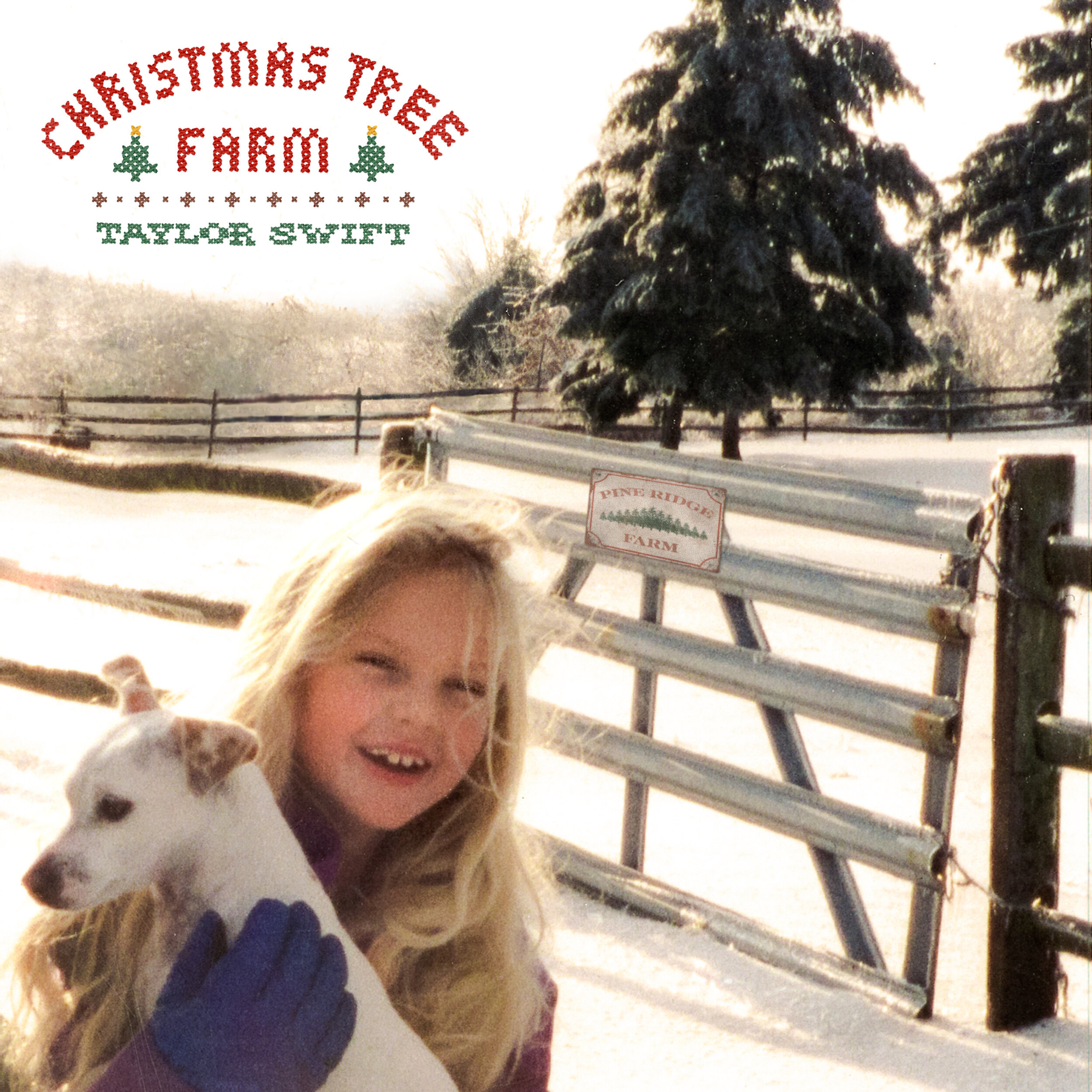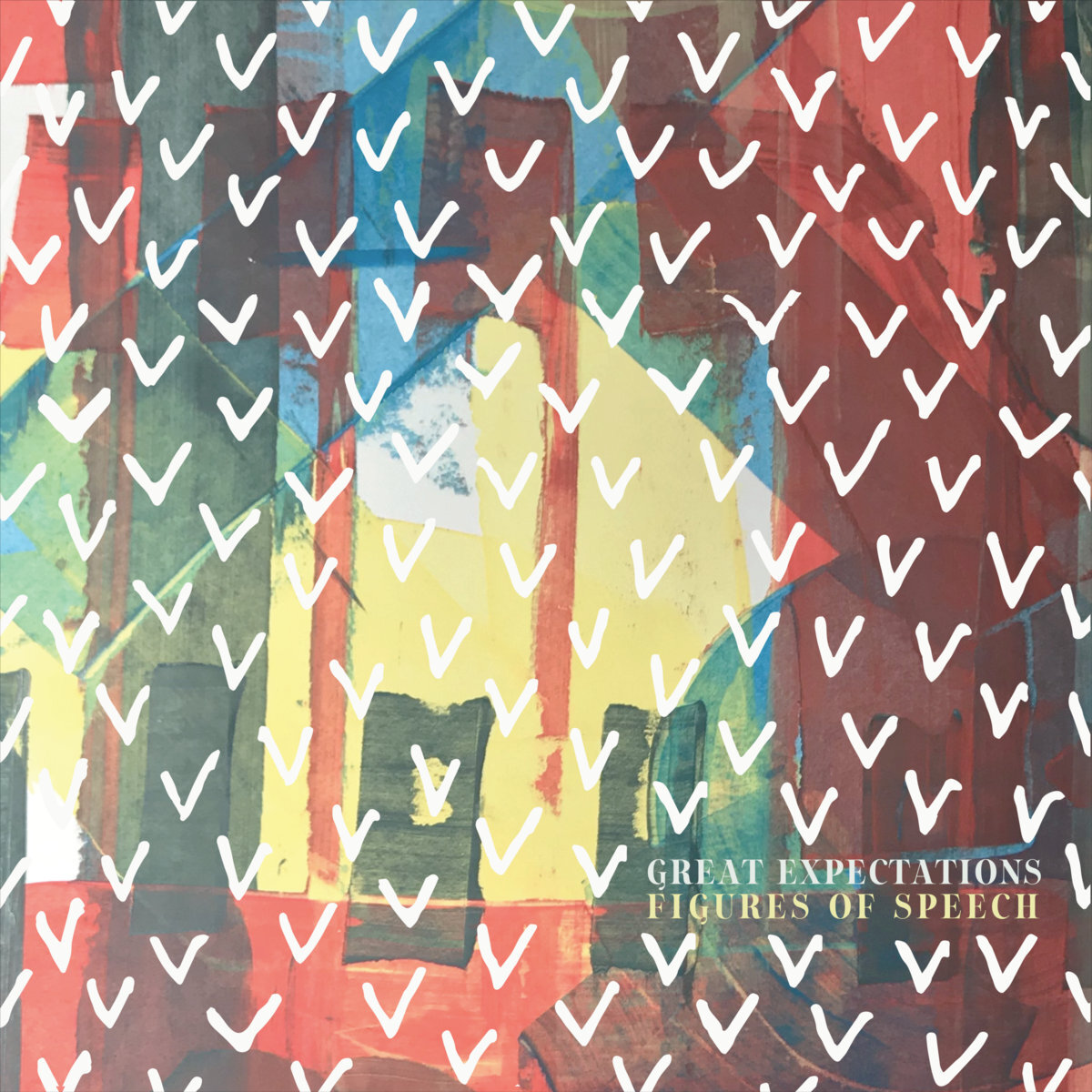Holy Fawn – The Black Moon | EP Review
/It’s funny how far first impressions go when it comes to music. Just take a look at Roddy Ricch’s chart-topping hit “The Box.” While the song itself is an undeniable meme-worthy earworm, most people’s first exposure to the track was this infectious 30-second Triller video of Ricch singing along to his own song around the house. Not only did that video expose millions of people to the song across various forms of social media, but it also gave a humanizing and endearing look at the person behind the music to both fans and potential listeners alike. At the time of writing, “The Box” has claimed a #1 position on the Hot 100 and Billboard 200, holding off both Justin Bieber and Selena Gomez as the two pop stars beg their fans for streams in order to attain that coveted Number #1 spot. So why am I talking about a trap song in a review for a three-track shoegaze EP? Because my first brush with The Black Moon was an equally-impactful experience, just on the opposite end of the tonal spectrum.
There’s nothing better than going into music blind. I went into Holy Fawn’s most recent EP having only a vague idea of who the band was. I knew they were signed to Triple Crown, and I knew people liked 2018’s Death Spells, but that was about it. For all I knew, they could have been hardcore, pop-punk, or country… So when I say I went into The Black Moon blind, I mean ignorant.
I’ll admit I’ve been starved for new music in 2020, and January 17th felt like the first big day for new releases this year. We got A posthumous Mac Miller album, a gorgeous new Pinegrove record, a groovy debut from 070 Shake, and a surprise-released Eminem album. It was already a pretty stacked day, but when I saw that Holy Fawn had released a new EP I figured “why not?” and decided to give it a shot.
When you hit play on a song with zero expectations, you tend to make a snap judgment within the first few seconds, and I knew within the first moments of “Candy” that this EP was going to be something special. Immediately met with a swirl of ambient noise followed by a wall of shoegazey riffage, the opening track sets the mood with a masterful hand. Within seconds the song grows in size until it’s towering over you, casting a dark shadow and eclipsing any source of light. The riff eventually dies down for a post-rock guitar line and some of the EP’s most clear-cut vocals, which are soon subsumed by an instrumental build led by a steady drumroll. That build crescendos and drops out for a brief moment of silence before the listener is plunged back into another monstrous riff accompanied by distant black metal screams.
The second track, “Tethered,” acts as a bit of a breather, a three-minute instrumental respite from the emotionally-draining songs that surround it. Reverb-laden guitar and bass notes intertwine as decorative ornamental ambiance circles around them. Then a whir of low-humming static carries the listener to the final track, whether they’re ready for it or not.
Seven-minute closing track “Blood Pact” begins slowly, carrying over that static from the preceding song, but now pairing it with an electronic drumbeat and orchestral soundscapes reminiscent of the early-career This Will Destroy You. Soon harmonized vocals emerge over the hybrid beat which now feels equal parts natural and synthetic. This Slowdive-like harmonization makes way to a measured verse that feels almost Wicca Phase-inspired. After smoothly transitioning between these vastly-different genres, you realize that you have no idea where the track is going next. Around the three-minute mark, the electronic drums fade out and a solitary post-rock guitar note makes way for a soaring passage where rattling bass, driving guitar, crashing cymbals, and searing vocals all coalesce into one cathartic outpouring of emotion. After every drop of this destructive essence is poured out, the electronic beat returns once more and carries the listener off into the silence.
Every once in awhile, you’ll sit down to listen to an album that just hits you in the right spot. Holy Fawn’s The Black Moon is a beautiful EP that just happened to crystalize some feeling I didn’t even know I had inside me. It reminds me of some of my favorite post-rock bands, some of my favorite shoegaze bands, and even some of my favorite new bands like Greet Death. Much like Greet Death’s New Hell (which landed a spot on our 2019 Album of the Year list), The Black Moon is a slow-moving and deeply-moody release that unfurls and slowly permeates every corner of your mind. It’s transcendent, foreboding, and unshakable. This EP is an absolutely fantastic start to the year and proof that sometimes all it takes is one open-minded click in Spotify for art to find its intended audience.

